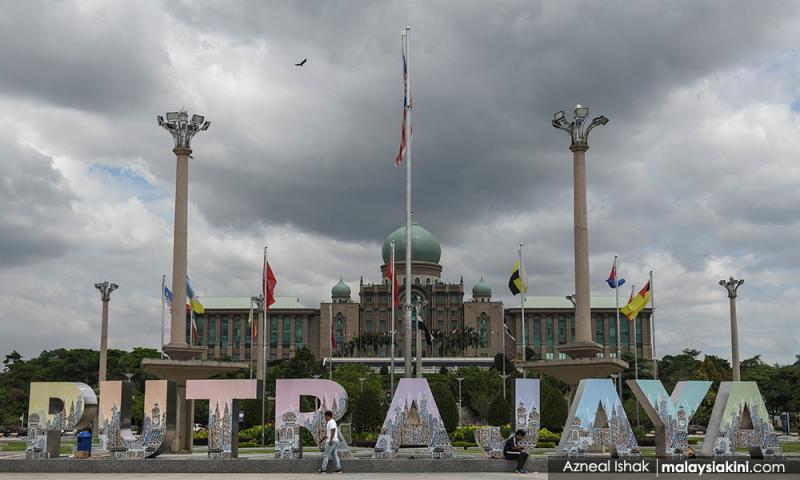Emergency Ordinance grants Putrajaya sweeping powers against 'fake news'
The federal government has gazetted an ordinance supposedly to combat "fake news" relating to Covid-19 or the emergency proclamation but which in reality gives it sweeping powers with grave implications for press freedom.
The Emergency (Essential Powers) (No. 2) Ordinance 2021 dated March 11, which takes effect tomorrow, stated that perpetrators who spread "fake news" in writing, videos, audio recordings or in any other forms that may convey "words or ideas" will face action.
The ordinance grants the courts powers to order the removal of a publication if it is determined to be "fake news", failing which the court may order the police or an authorised officer to do so.
The ordinance also overrides the Evidence Act 1950 and gives the police the powers to arrest, enforce, investigate and inspect.
It also grants authorities access to computerised data as well as the preservation of website traffic data. It requires the disclosure of stored traffic data if requested.
Under the seizable offences section of the ordinance, any investigation under the law does not require a warrant.
The law also applies to any person regardless of their nationality or citizenship who spreads fake news outside the country.
The punishment would be a fine not exceeding RM100,000 or imprisonment for a term not exceeding three years or both and in the case of a continuing offence, a further fine not exceeding RM1,000 for each day the offence continues after conviction.
It is worth noting that the gazetted ordinance bears a resemblance to the Anti-Fake News Act which was passed by the BN government just before GE14 in 2018 and which was subsequently repealed by the Pakatan Harapan administration.
In addition to the punishment, the court may order the person convicted to make an apology to the person affected by the offence in a manner determined by the court.
Failing to do so will result in the court imposing a fine on the person convicted which is not exceeding RM50,000 or imprisonment for a term of less than a year or both.
The court also may make an order directing a police officer to take the necessary measures to remove such a publication.
As for the enforcement, the ordinance states that every offence under it shall be a seizable offence.
A police officer or an authorised officer conducting a search shall also be given access to computerised data whether stored in a computer or otherwise, it says.
This access includes passwords, encryption codes, decryption codes, software or hardware any other means required to access the data.
Failure to do so will result in the person being liable to a fine not exceeding RM100,000 or to imprisonment for a term not exceeding one year or both, the ordinance states.
RM12.50 / month
- Unlimited access to award-winning journalism
- Comment and share your opinions on all our articles
- Gift interesting stories to your friends
- Tax deductable
